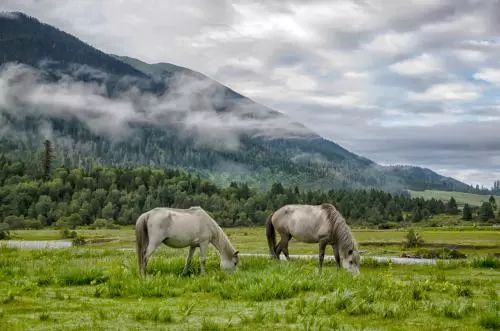Some people say that Tibet’s spring is in Nyingchi. Every year in late February and early March, there are colorful flowers here. The blue sky reflects the snow-capped mountains, and the snow-capped mountains reflect peach blossoms. Thousands of mountains and valleys bloom into seas. This is the most beautiful season in Tibet.

Although the flowering period is over now, the appearance of Tibet is still unabated. To be honest, if you don’t have a special obsession with peach blossoms, Linzhi in the wrong peak may be the best time to travel. Not only are there fewer people and beautiful scenery, but also the price is beautiful~

Here is the deepest canyon on earth, hiding the most outstanding scenery and fascinating aura;

There are clear water, blue sky, snow-white mountains, quiet and holy, so beautiful;

There are pious pilgrims everywhere here, without buses and jackets, only the simplest beliefs are left.

Namjagbarwa
Namjagbarwa Peak is the highest mountain in Linzhi area, and was named “China’s Most Beautiful Snow Mountain” by “Chinese National Geographic”. The huge triangular peak is covered with snow all the year round and has a beautiful shape. The mountains are often shrouded in clouds and mist, and it never shows its true colors easily.


Namjagbarwa Snow Mountain is the sacred mountain in the hearts of Tibetans. It is said that the tenth generation has to look back to watch the sunset of Namjagbarwa Mountain. The probability of seeing it in this season is very high~

Ba Songcuo
Basongcuo is a famous sacred lake of the Red Sect. Every year on April 15th in the Tibetan calendar, that is, around June 1st, many local people come to visit the lake. Snow mountains, lakes, forests, pastures, historic sites, and famous temples are all gathered here, showing different scenery throughout the year.
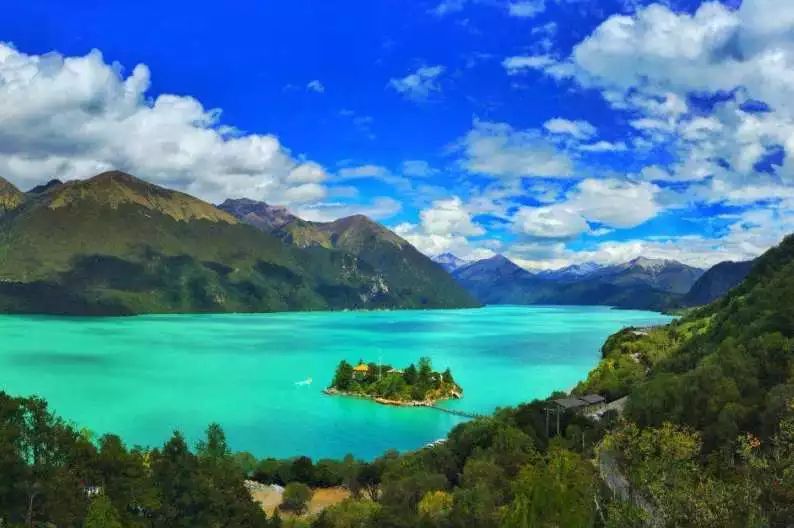

Basongcuo is hidden deep in a ravine away from towns and away from traffic, but it has become one of the most famous landscapes in Nyingchi because of its luxuriant forests and the pool of clear water amidst towering mountains.
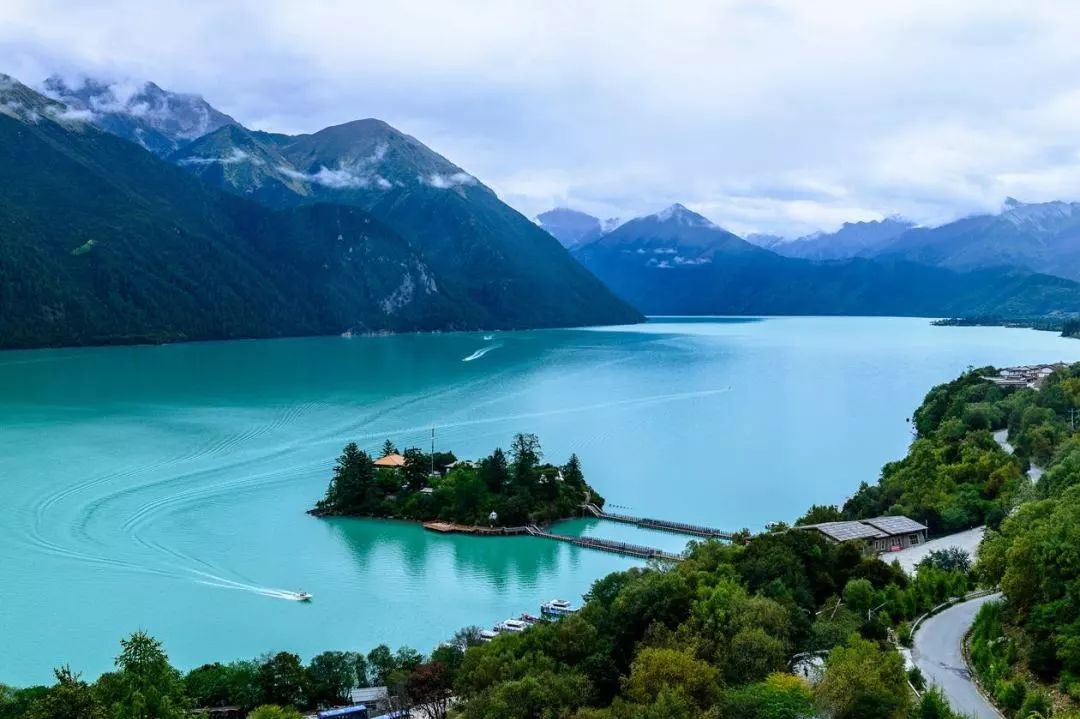
Brahmaputra Grand Canyon
The Yarlung Zangbo Grand Canyon is the deepest canyon on the earth. It is known as “the keyhole that opens the door to the history of the earth”. It is a natural geological museum, a paradise for animals and plants, and a holy place for original ecological humanistic experience. In the Grand Canyon, there are scattered villages inhabited by Gongbu Tibetans, which maintain an unchanging living tradition.
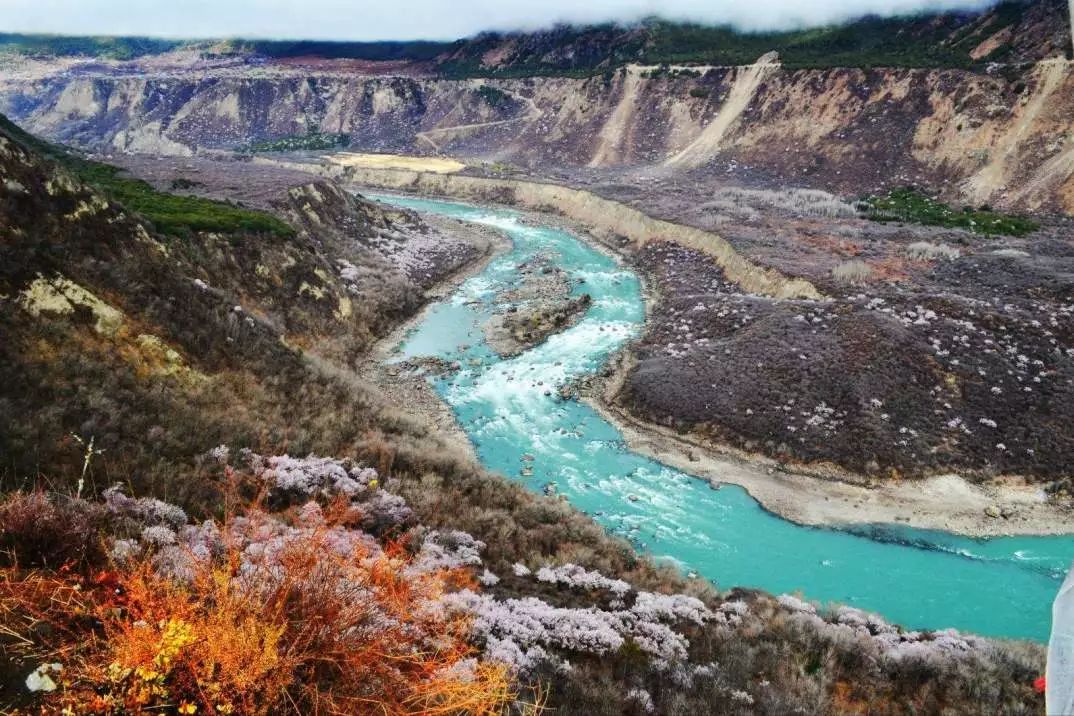
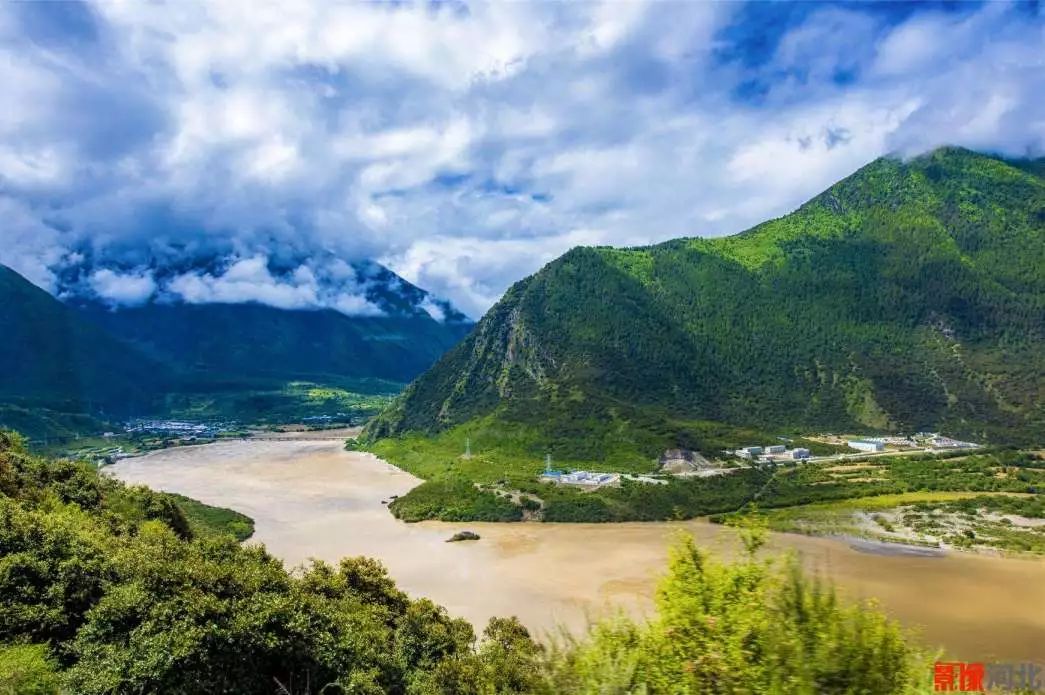
The entire canyon area is intertwined with glaciers, cliffs, steep slopes, mudslides and huge rivers with huge waves. The environment is very harsh. Many areas are still untouched. It can be called “the last secret place on earth”, but it hides incredible beauty view.
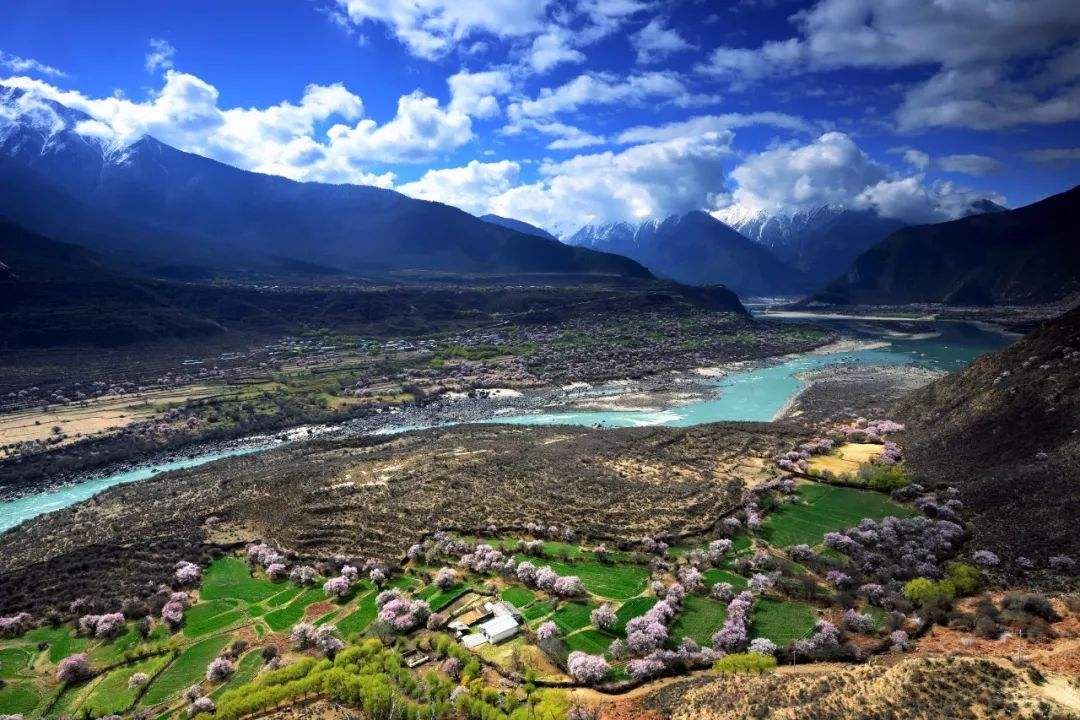
Midui Glacier
Midui Glacier is located in Midui Village, Yupu Township, about 100km east of Bomi County, Nyingchi Prefecture. It is the most important marine glacier in Tibet and the lowest altitude glacier in the world. One of the great glaciers.
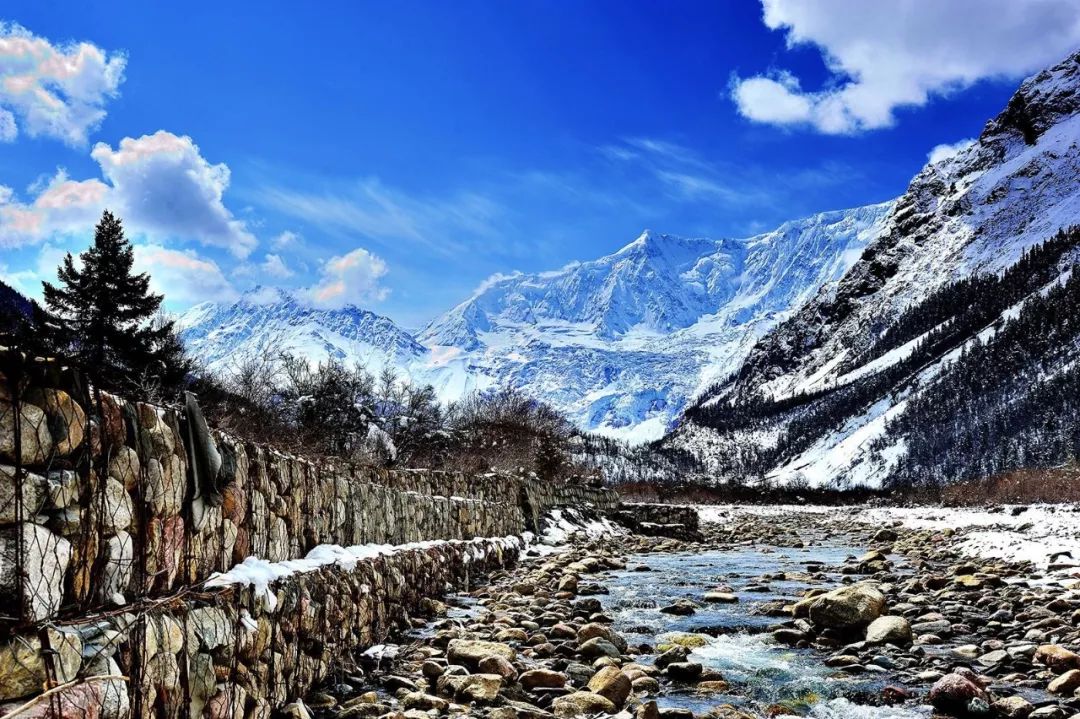
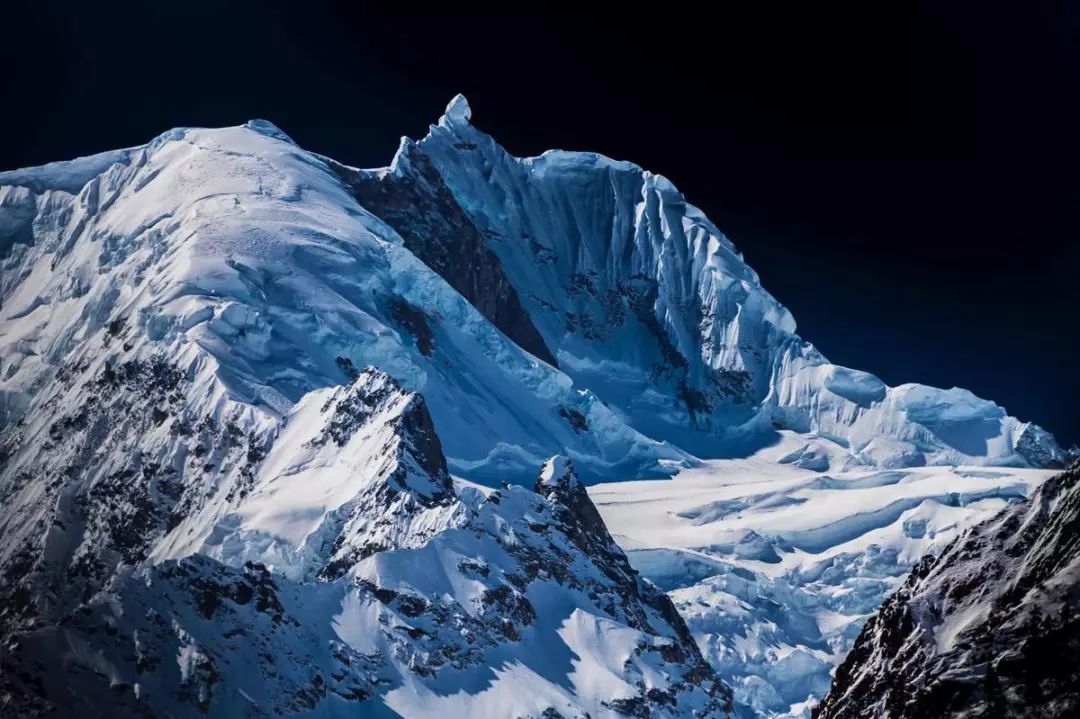
The main peak of Midui Glacier is 6,800m above sea level, and the snow line is only 4,600m above sea level. The lower part of the glacier runs through the mixed coniferous and broad-leaved forest belt.
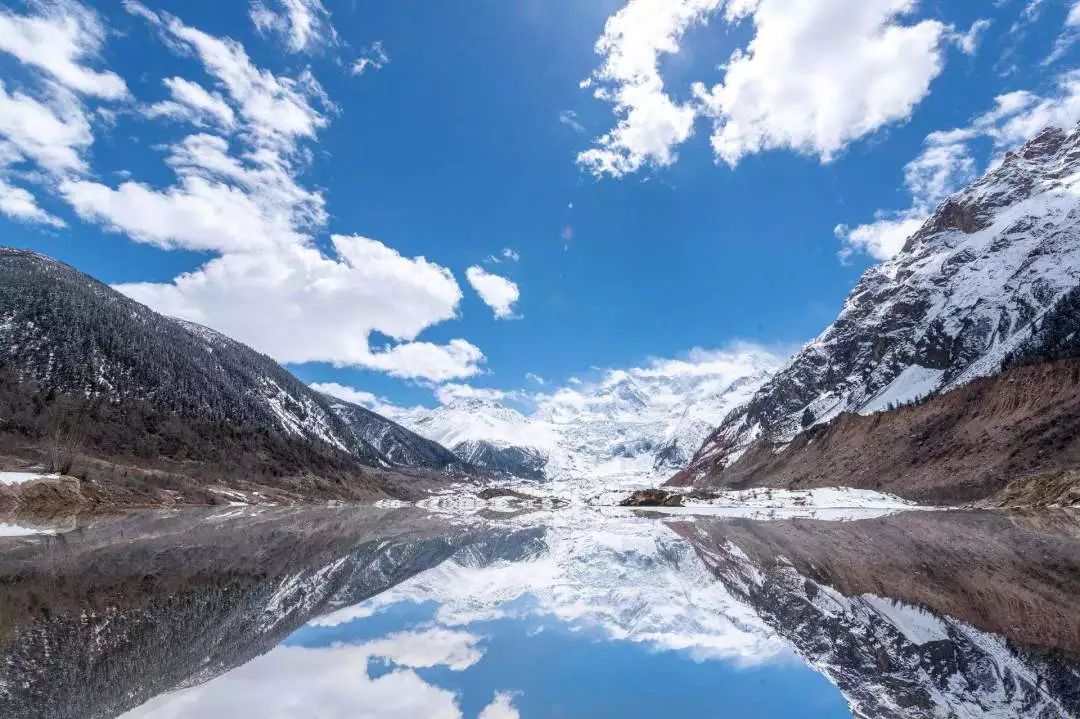
Lu Lang Lin Hai
This is a typical plateau mountainous meadow strip. The forest sea is composed of bushes and dense spruce and pine trees in the green hills on both sides. The trees are mainly green hills. In the middle of the forest sea is a uniform meadow with winding streams. , in addition, there are a large number of birds inhabiting here.
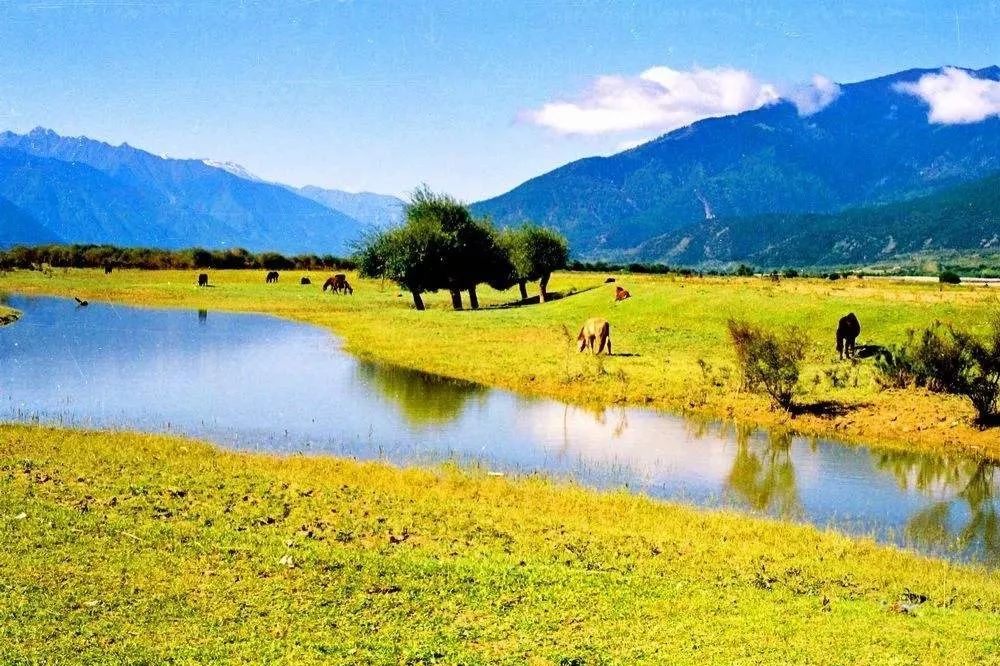
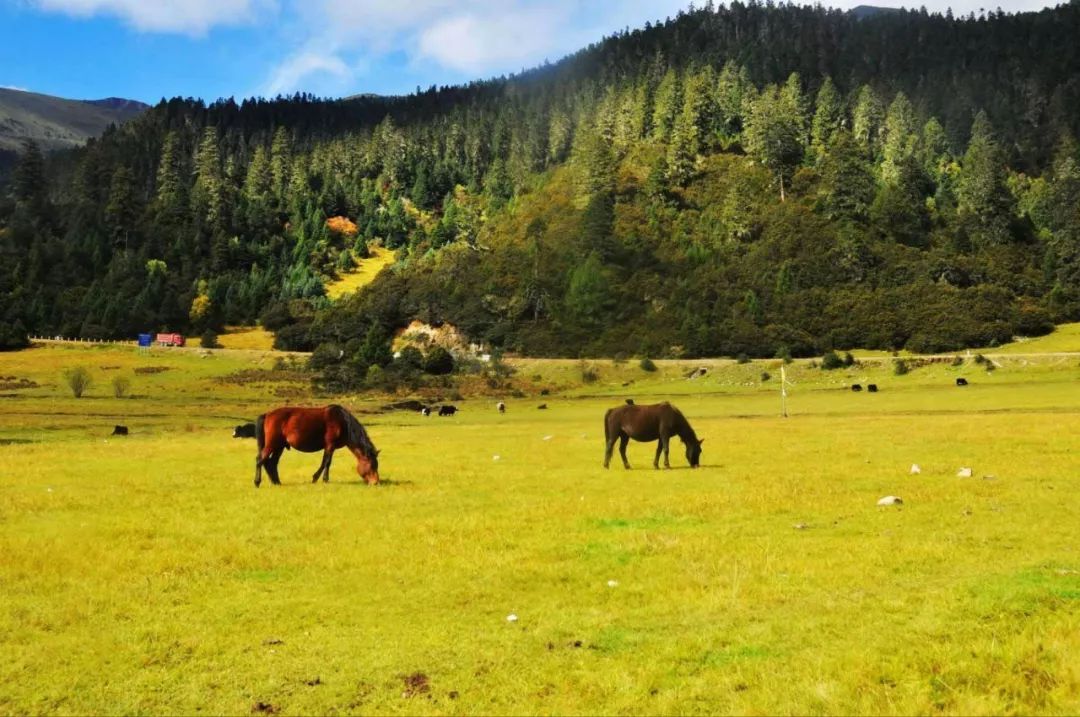
Every year from mid-April to early June, tens of thousands of wild flowers compete to bloom, and the clouds and mists in the mountains sometimes gather and sometimes disperse.
